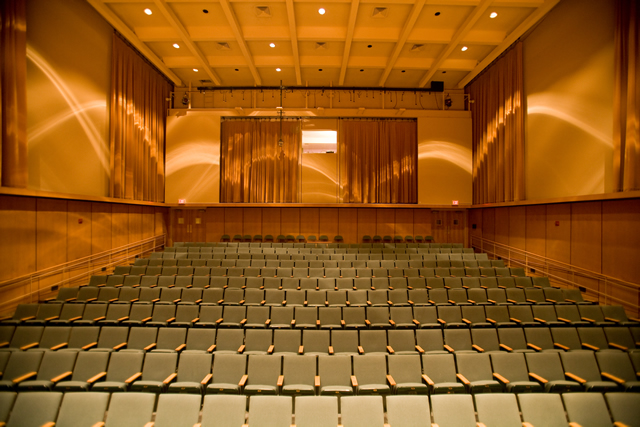
Music ETDs
Publication Date
Winter 12-12-2019
Abstract
This is a qualitative, multiple case study rooted in grounded theory. It explores how music teachers might implement Paulo Freire’s theories in their classrooms, as well as best practices in Freirean music teaching. Paulo Freire was a Brazilian educational theorist who claimed that education, rooted in dialogue and co-creation of knowledge, could confront major structural injustices, such as inequality, exploitation, and violence.
The three participants in this study worked in the same large, Southwestern district. Participants were selected based on how their teaching fit with characteristics of Freirean Pedagogy. Three music educators, Robert, Eliza, and Jackie, the participants in this study, stood out among their peers in this regard.
Per the inductive approach employed in this study, data was gathered via structured interviews, document analysis, and observation. Themes began to emerge through the data collection process, and these data categories became the main motifs in the study’s findings. The themes – accessibility, conscientization, co-learning, teaching as a political act, and love – represent how Freire’s theories manifested themselves in the participants’ classrooms and might suggest best practices for Freirean Pedagogy in music education. By employing Freirean Pedagogy, music teachers could begin exploring strategies to combat oppression and pursue a more socially just world.
Degree Name
Music
Level of Degree
Masters
Department Name
Department of Music
First Committee Member (Chair)
Regina Carlow
Second Committee Member
Julia Church-Hoffman
Third Committee Member
Robin Giebelhausen
Language
English
Keywords
Music, Education, Freire, Justice
Document Type
Thesis
Recommended Citation
Slamkowski, Tyler. "Freirean Pedagogy in Music Education." (2019). https://digitalrepository.unm.edu/mus_etds/31
